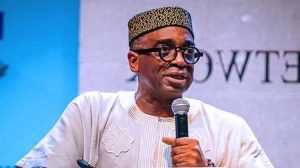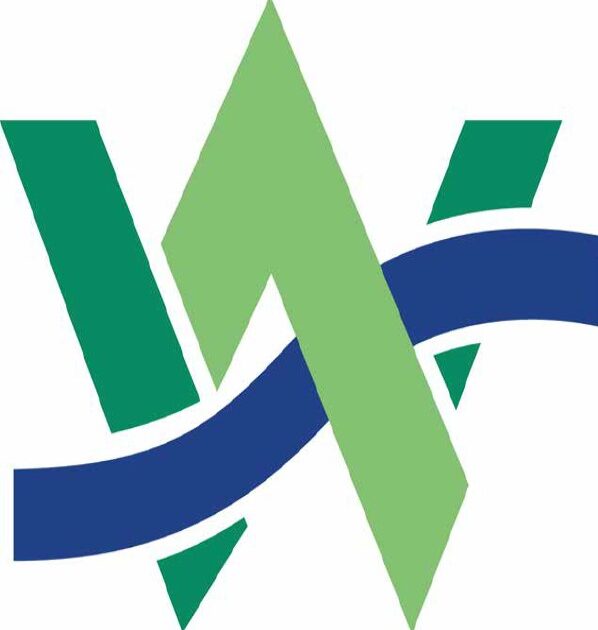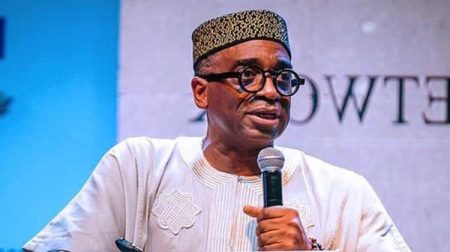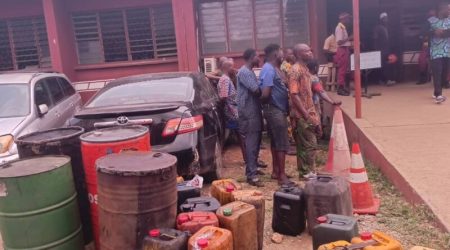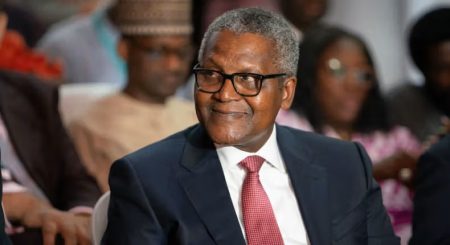The West African Gas Pipeline Company Limited (WAPCo) convened a crucial stakeholder meeting in Abuja, Nigeria, to bolster cross-border gas distribution across West Africa. The meeting brought together key players from Nigeria’s oil and gas sector, including regulatory bodies like the Nigerian Midstream and Downstream Petroleum Regulatory Authority (NMDPRA), government ministries such as the Federal Ministry of Petroleum Resources and the Federal Ministry of Environment, fiscal authorities like the Federal Inland Revenue Service (FIRS), security agencies like the Nigerian Navy and the Nigeria Immigration Service, as well as environmental protection agencies from Ogun and Lagos states. The primary objective of the meeting was to enhance WAPCo’s operational capacity and streamline its cross-border activities, focusing on digital transformation, regulatory reforms, and legislative alignment across the four countries served by the pipeline: Nigeria, Benin, Togo, and Ghana. This collaborative effort underscores the shared commitment to regional energy integration and economic cooperation within the Economic Community of West African States (ECOWAS).
Simon Adamade, WAPCo’s General Counsel, provided a historical overview of the company, tracing its roots back to a 1982 ECOWAS initiative that eventually led to the 2003 treaty establishing the West African Gas Pipeline Project. He emphasized the project’s significance as one of Africa’s most ambitious cross-border energy ventures, featuring a 691-kilometer pipeline network extending from Nigeria to Ghana. Adamade characterized the Abuja meeting as a “comprehensive, cross-functional engagement,” highlighting the collaborative spirit among government ministries, private sector participants, traditional authorities, and security agencies in supporting WAPCo’s mission. He reiterated WAPCo’s dedication to fostering mutually beneficial relationships with host communities, emphasizing the company’s corporate social responsibility initiatives aimed at promoting sustainable development and enhancing living standards in the areas it operates.
The meeting underscored the evolution of the West African Gas Pipeline system from a unidirectional gas flow to a dynamic, bi-directional network catering to diverse commercial and community needs. The system’s infrastructure includes a 569-kilometer offshore segment comprised of 20-inch pipelines, supported by vital installations such as the Lagos Beach Compressor Station, the Tema Regulation and Metering Station in Ghana, and the Itoki Regulation and Metering Station in Nigeria. This sophisticated infrastructure enables the efficient and flexible transportation of natural gas, contributing significantly to the energy security of the countries involved.
A key aspect of the discussions revolved around ongoing legislative amendments to the West African Gas Pipeline Act across member states. Adamade provided updates on these legislative efforts, explaining that the proposed amendments aim to improve operational efficiency and ensure the long-term viability of the pipeline project. These amendments address critical fiscal matters, including licensing procedures overseen by the West African Gas Pipeline Authority. Engagements are ongoing with relevant ministries and parliaments in each member state, with varying degrees of progress. These legislative reforms are crucial for creating a stable and predictable regulatory environment that fosters investment and supports the continued development of the gas pipeline network.
Representatives from various government agencies expressed their commitment to supporting WAPCo’s operations. Zach Adedeji, Executive Chairman of the FIRS, represented by Deputy Director Lebi Victoria, announced the full digitization of revenue collection processes, highlighting the direct benefits this reform would bring to WAPCo. He also pledged to streamline fiscal procedures to align with the company’s specific requirements. Steve Ayuba, Senior Technical Adviser to the Chief Executive of the NMDPRA, emphasized the automation of licensing processes, stating that all inquiries are now handled through a digital platform, significantly enhancing responsiveness and efficiency. These initiatives reflect the broader push towards digitalization and streamlining of bureaucratic procedures within the Nigerian government, further enhancing the ease of doing business for companies like WAPCo.
The outcomes of the Abuja stakeholder meeting align seamlessly with ECOWAS’s broader agenda of regional energy integration and economic cooperation. By fostering deeper collaboration among stakeholders and modernizing the legal framework governing the gas pipeline, WAPCo is poised to remain a pivotal catalyst in the region’s energy development. The meeting served as a platform for reaffirming commitments, sharing updates on ongoing initiatives, and strengthening partnerships crucial for the continued success of the West African Gas Pipeline project. The collaborative spirit demonstrated by the participating agencies and WAPCo underscores the shared vision of a more integrated and prosperous West African region powered by reliable and accessible energy resources. The progress made in legislative reforms, digital transformation, and stakeholder engagement positions WAPCo to play a leading role in driving economic growth and regional development in West Africa.




